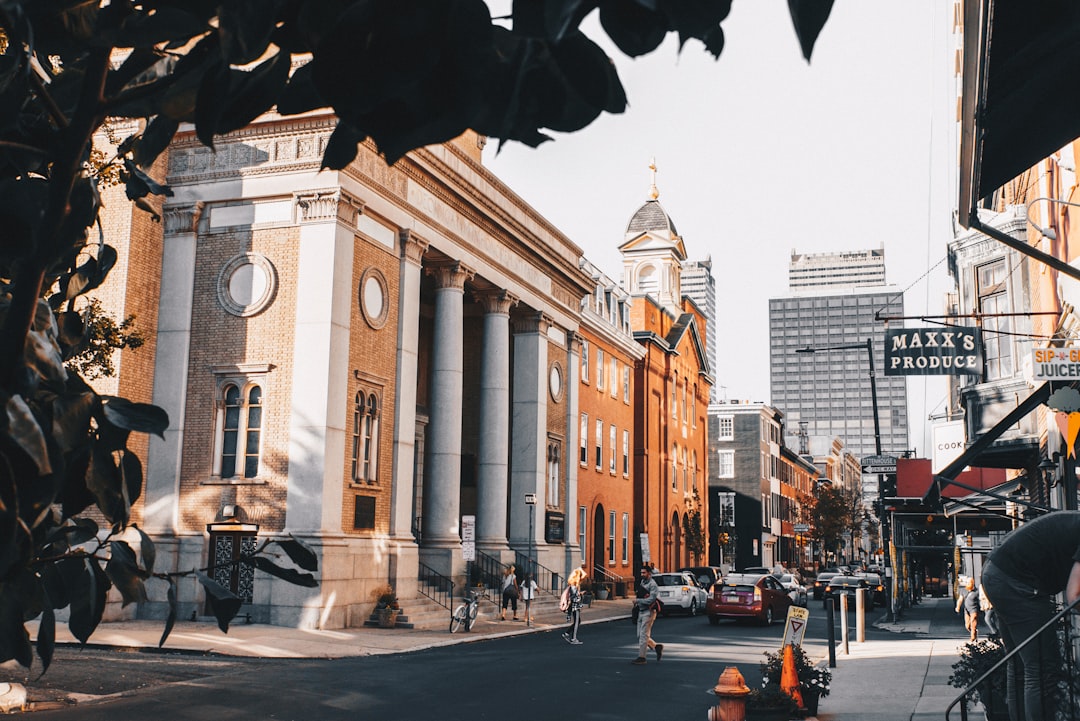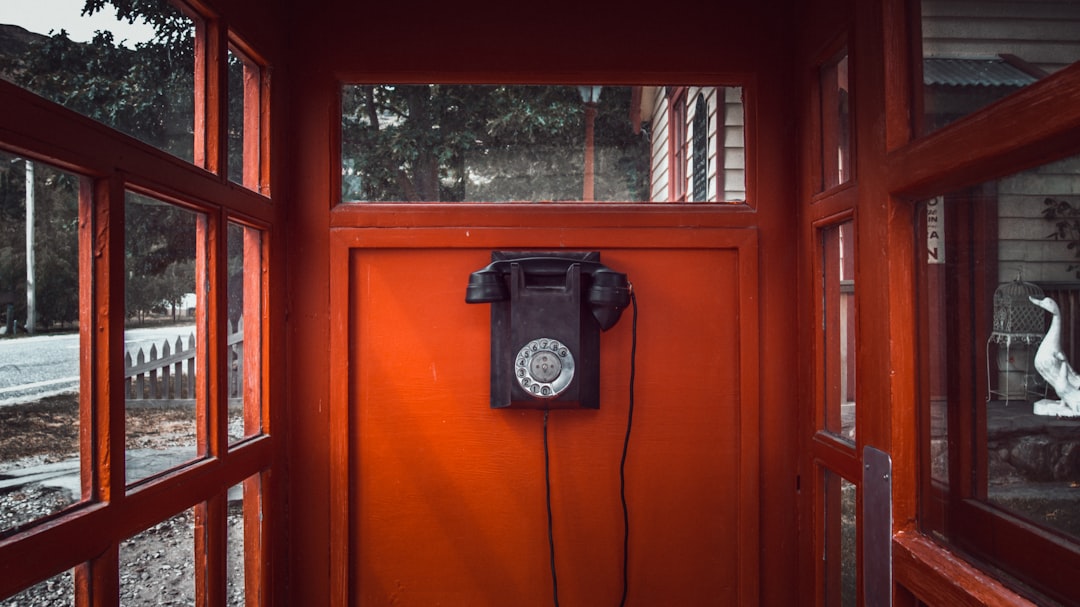Philadelphia residents face a growing robocall nuisance from law firms and businesses, disrupting daily life. Specialized robocall law firms exploit loopholes, but consumers have legal protections like the TCPA and powerful tools like Do Not Call Registry registration and call-blocking apps. A united community effort, led by local organizations, educates residents, gathers data, and develops strategies to combat robocalls, holding offenders accountable under local regulations while protecting privacy.
In Philadelphia, like many urban centers, robocalls have become a persistent nuisance, impacting residents’ quality of life. This article explores effective strategies to combat this growing issue. We delve into the legal avenues available against robocall law firms in Philadelphia, highlighting key legal frameworks. Furthermore, it discusses the power of community coalitions in coordinating efforts and achieving meaningful action against intrusive automated calls. Understanding these approaches is crucial for Philadelphians seeking to reclaim their communication channels.
Understanding Robocalls and Their Impact in Philadelphia
Robocalls have become a significant nuisance for residents of Philadelphia, with an estimated average of 3-5 unwanted calls per day. These automated phone calls, often from law firms or other businesses, are designed to deliver mass marketing messages but frequently invade individual privacy and disrupt daily life. The impact is particularly pronounced in a bustling city like Philadelphia where folks are always on the go and rely on their phones for communication.
Beyond the mere frustration factor, robocalls can have serious consequences. They contribute to a sense of distrust among residents towards legitimate businesses and government agencies, eroding the effectiveness of public service announcements or legal communications. In response, Philadelphia residents are increasingly turning to robocall law firms that specialize in blocking and managing these calls. By understanding the extent of the problem and its impact, Philadelphians can better navigate ways to protect their privacy and reduce the noise from unwanted automated calls.
Legal Strategies to Combat Robocall Law Firms
Robocall law firms in Philadelphia, like elsewhere, often rely on loopholes and gray areas in telephone consumer protection laws. One effective legal strategy is to leverage the Telephone Consumer Protection Act (TCPA), which prohibits automated calls to mobile phones unless the caller has obtained prior express consent from the recipient. Consumers can file individual lawsuits against these robocall law firms, seeking damages for each violation. Group actions or class-action lawsuits are also powerful tools, as they can aggregate claims and demand substantial compensation for widespread harassment.
Additionally, legal experts in Philadelphia suggest that proactive measures can help strengthen defenses against robocalls. This includes registering phone numbers with the National Do Not Call Registry, using call-blocking apps, and staying informed about state-specific laws targeting unwanted calls. By combining legal action with consumer awareness, Philadelphians can collectively fight back against intrusive robocall law firms, reclaiming their privacy in the process.
Building Community Coalitions for Effective Action
Building a strong community coalition is key to effectively combating robocalls in Philadelphia. By bringing together residents, local businesses, and interested organizations, a united front can be formed to address this growing concern. This collaborative approach allows for a more comprehensive strategy where everyone involved contributes unique skills and resources.
Local law firms specializing in robocall litigation can play a pivotal role in educating the community about existing laws and rights related to unwanted calls. They can also offer pro bono services or workshops, empowering individuals to take action against violators. Community centers and grassroots groups can facilitate these efforts by providing spaces for meetings, organizing events, and amplifying the message through local networks. Together, this coalition can raise awareness, gather data on robocall trends, and develop targeted strategies to hold offenders accountable under Philadelphia’s robocall law firms regulations.






